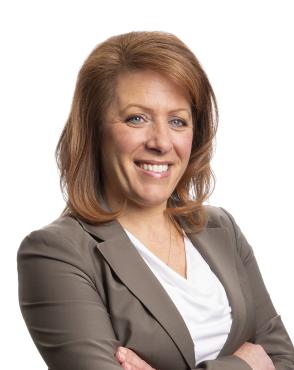Long-Term Care Liability
Overview
The population is aging, life expectancy is increasing and litigation against long-term care providers, including nursing homes, personal care homes and assisted living facilities, is growing. Nearly 18% of the U.S. population is aged 65 and older, and that number is only expected to increase in the coming years, further taxing an already strained long-term care system.
Our long-term care liability team provides skilled counsel and excellence in representation when it comes to defending long-term care facilities and providers against personal injury claims. Many of our health care attorneys concentrate primarily, if not exclusively, on defending this litigation. We have the experience, knowledge, dedication and geographical capability to efficiently and cost-effectively resolve such matters.
Defending long-term care cases requires an understanding of a unique set of issues different than those found in traditional malpractice cases. Claims can involve allegations of abuse or neglect, or statutory/regulatory non-compliance with state and federal mandates. Additionally, it is not uncommon to see allegations of negligence per se, fraudulent documentation and statutory deficiencies.
Many cases involve claims for corporate negligence and direct allegations against facility owners and directors for compensatory and punitive damages. They can also involve staffing or budgetary issues which are tied to specific regulations and can require significant motion practice and extensive discovery. These cases are often further complicated by staffing turnover and unsophisticated witnesses.
Our attorneys understand these challenges and are skilled at working together with clients to develop the best defense and accomplish the desired outcome while managing legal spend. Each case is unique and requires its own strategic approach. When it is in our client’s best interests, we will recommend early resolution, but we also will not hesitate to try cases which must be defended.


